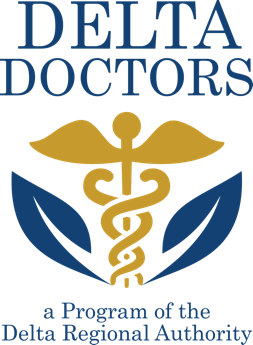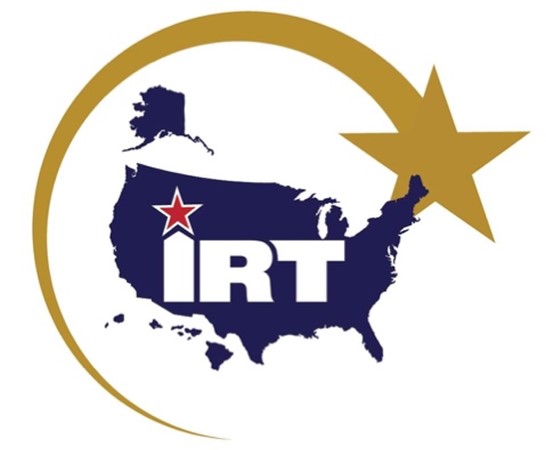Promoting a Healthy Delta
Our belief is that health is an economic engine and driver of future economic growth. The growing incidence of chronic disease in Delta communities poses a threat to the lives, livelihoods, productivity, and economic vitality of the Delta region, and DRA is committed to improving these health outcomes through a number of programs and partnerships.

Delta Doctors
To increase access to quality health care in Delta communities, the Delta Doctors program provides critical medical services in areas with a physician shortage by supporting nondomestic physicians who are trained in the United States to work in health professional shortage areas or medically underserved areas for three years through a J-1 visa waiver.

Innovative Readiness Training
Through a partnership with the U.S. Department of Defense and the U.S. military reserve forces, the DRA supports the Innovative Readiness Training program in Delta communities to bring medical, dental, and optical care to Delta residents in need of quality health care at no cost to the patients.
Delta Region Community Health Systems Development Program
The Delta Regional Authority, in collaboration with the Health Resources and Services Administration of the U.S. Department of Health and Human Services, implements the Delta Region Community Health Systems Development – Technical Assistance Program to enhance health care delivery in the Delta region. Through intensive technical assistance, health care providers in select rural communities identify and address health care needs while strengthening the local health care system.
Delta Region Rural Hospital Workforce Training Program
Through a partnership with the U.S. Department of Health and Human Services and the Health Resources and Services Administration, the Delta Region Rural Health Workforce Training Program addresses the ongoing need in health care facilities for trained administrative support or business operations professionals in rural communities through the development of strategic networks that support recruitment, formal training, certification, and placement of students. This program aims to provide training and pathways to professional certifications to current administrative support professionals working in rural DRA region health care facilities as well as new entrants to the workforce and dislocated workers.
